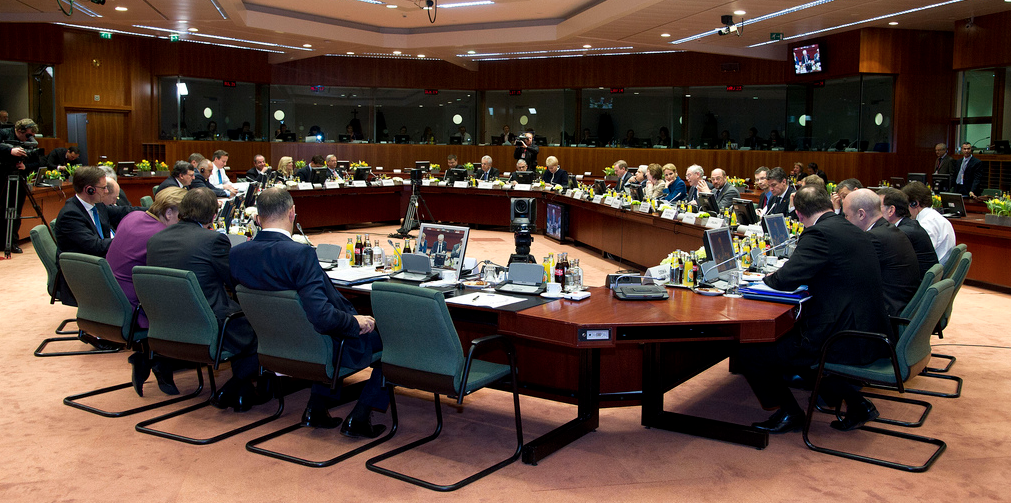Pharmaceutical and life sciences companies will no longer have to fight battles across different courts across Europe due to the creation of a London-based patent court.
In what has been described as a ‘one-stop shop’ for companies wanting to protect ideas, the patent court was negotiated by prime minister David Cameron last year as part of the June European Council 2012.
Whereas previously businesses were forced to defend or enforce patents across Europe in a number of locations, the new institution will mean companies will only need to go to court one.
The government predicts that the new court and patent system will bring ‘at least’ £200 million to the economy each year when it begins life in 2015.
Cable comments, ‘The decision that London should host this new court shows not only the confidence in our legal sector but also the strength of the UK’s intellectual property regime.
‘The agreement will help our inventors who can in future spend more time on research and development, producing new ideas and less time filling in forms and defending their patents in court.’
As well as providing a way for existing businesses to protect ideas, the package also allows companies to register new business ideas in the EU.
As it currently stands, UK inventors can protect inventions through the UK Intellectual Property Office or, if they are looking for wider protection for a number of countries, applying to the European Patent Office.
Patents must then be validated in the respective countries, meaning businesses incur excessive costs. The government’s new framework is predicted to save up to £20,000 in translation costs per business.
More on intellectual property protection:
- Overhaul IP and copyright laws to help exporting SMEs
- Private copying legalised
- Finding the right patenting strategy to protect intellectual assets
However, the news has not been greeted with enthusiasm by the Chartered Institute of Patent Attorneys (CIPA), which has expressed concerns about the ‘long-term adverse effects’ it could have on the competitiveness of UK businesses.
In correspondence with IP minister Lord Younger, the CIPA has called for ‘proper’, evidence-based economic impact assessment of the effect. It would like it carried out before Parliament is asked to ratify the Unified Patent Court agreement.
It questions what the cost of obtaining a European patent, and renewal, will be as well as what new court fees could be and the proportion of large and small companies likely to use the system once made aware of the costs.
Philip Westmacott, partner at law firm Bristows and member of the Law Society’s Working Party, is in favour of the Unified Patent Court and says, ‘Over time litigation about patents in Europe will increasingly be before a European Court rather than national courts.
‘Some 75 per cent of European patents are in English and English is the primary language of science and technology.’
All three pieces of the package (two EU regulations and the intergovernmental agreement on the Unified Patent Court) will come into force at the same time once 13 countries (including the UK, France and Germany) have ratified the agreement.







